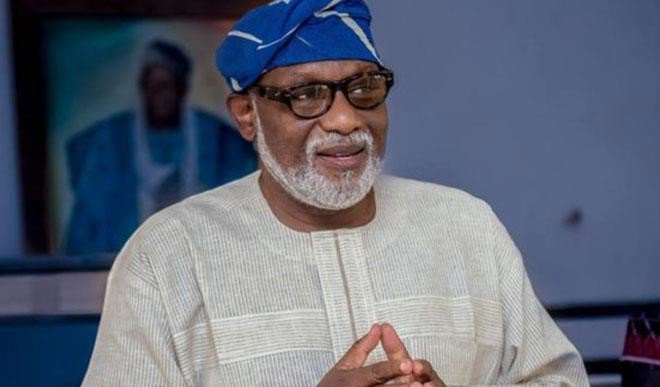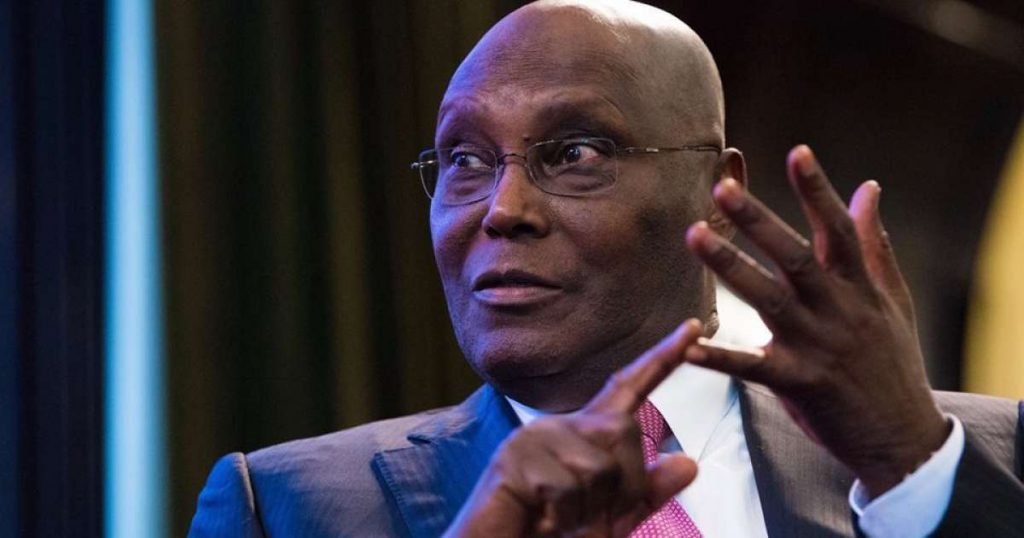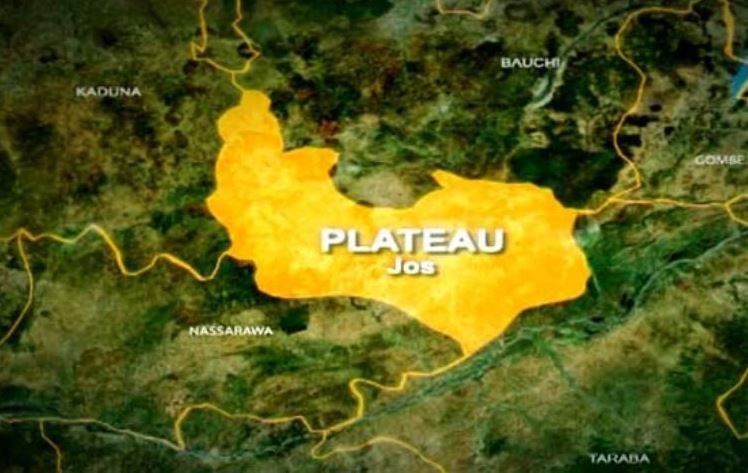
Governor Rotimi Akeredolu says Nigeria has allowed unreasonable competition, ethnicism, tribalism, corruption, political and economic ownership of the nation to slow down the pace of self-realisation.
He said this on Thursday in Akure on the sidelines of the D.O. Fagunwa Study Group International Conference held to celebrate Prof. Wole Soyinka, 85th birthday.
The conference was themed: “Wole Soyinka,DO Fagunwa and the Yoruba Artistic Heritage.”
According to Akeredolu, in Africa, the challenge has moved largely from the legitimacy of governance institutions to its responsiveness to the need for a coordinated plan for cultural integration, economic development and general human capital development.
The governor was, however, excited at the 85th birthday celebration of Soyinka, whom he described as his mentor and supporter.
Akeredolu described Soyinka as a first class academic, playwright, poet, novelist, and great human condition activist.
He said that Soyinka’s life was a lesson for public office holders because he had elevated the art of partisan living as the biggest ideal of social reclamation.
READ: Akwa Ibom Govt. launches Kings flour into markets
“I join other well meaning Nigerians and the world at large to wish you, our great emblem of decency and justice, a happy 85th birthday!
“I am fully convinced that your gathering here is another of those creative moments of rethinking our journey as a nation and our health as a society in search of its own civilisation.
“I have read a bit of the book of proceeding of your last conference and I am convinced of the vigour, depth and clear headedness with which your Study Group addresses the myriad of challenges that the human mind faces in its quest for self reinvention and reclamation.
“For all that we know, humanity is passing through some of its trying periods. Globally, definition of peace, progress, liberty and prosperity is interrogating the best of our civilisation today.
“From leadership crisis which torments the sanest of public organisations to the fearful response of a traumatised followership, the narrative is clear: we must check and recheck the path on which we tread,” Akeredolu said.










